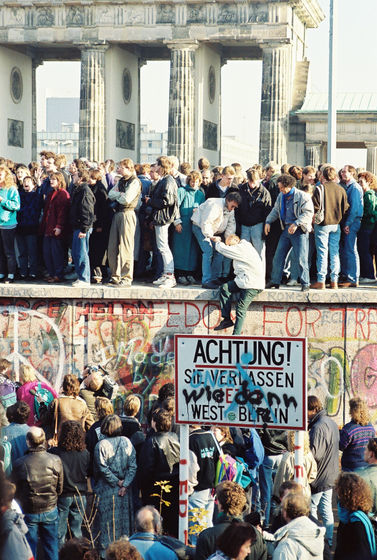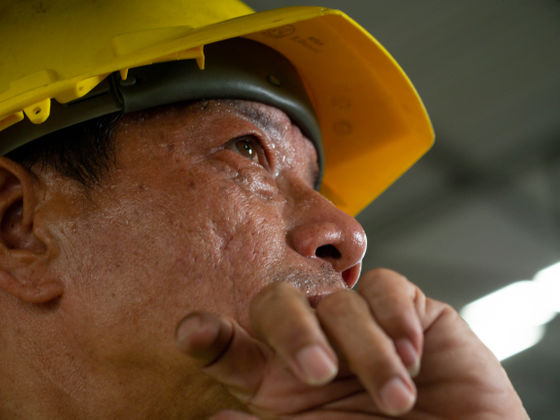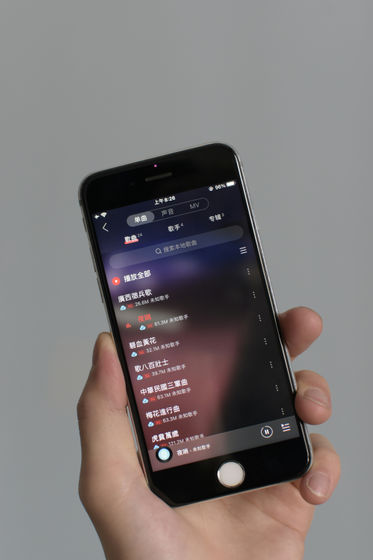'Apple in China' exposes the reality that Apple is dependent on and absorbed by China

In his book '
Book Review: 'Apple in China,' by Patrick McGee - The New York Times
https://www.nytimes.com/2025/05/15/books/review/apple-in-china-patrick-mcgee.html
The Dark History of How China Captured Apple | Vanity Fair
https://www.vanityfair.com/news/story/apple-in-china-patrick-mcgee-interview
Apple has said it has trained more than 28 million workers in China since 2008, which McGehee said is more than the entire workforce of California.
McGehee also points out that Apple's annual investment in China exceeds the total amount spent on the ' once-in-a-generation investment ' announced by the Biden administration to boost US semiconductor production and counter China, and that figure is doubled if the value of hardware is included.
'This rapid restructuring has geopolitical implications comparable to the fall of the Berlin Wall - a major transfer of technology and know-how,' McGehee writes.

By
Apple first turned to China because of the allure of low wages, low benefits and low human rights that permeated the Chinese labor market in the mid-to-late 1990s.
An Apple engineer who visited China at the time recalled that when he visited the factory in Shenzhen, Guangdong province, he was 'shocked to see that the facility had no elevators and that the haphazardly constructed staircases had irregular numbers of steps - 12 steps from the first to the second floor, 18 steps to the next floor, 16 steps to the next, 24 steps, and so on - and that the steps all varied in height.'
Then, at the turn of the millennium, Chinese leaders, on the brink of joining the World Trade Organization, pushed to build an export-driven economy, learning from foreign investors. It was around this time that Foxconn, a major Taiwanese supplier, built a large housing complex for the Chinese workers who assembled Apple products. The first machines to roll off the new assembly lines were iMacs built at the so-called 'China speed.'
More than a decade after Chinese workers began making Apple products at scale, Chinese consumers began buying them in large numbers, and one journalist covering China at the time said, 'It was frustrating to see Apple's China story being turned into a story about downtrodden workers by suppliers like Foxconn.'
At the time, the factory dormitories had suicide nets outside, wages were low, and Apple itself was aware of serious labor exploitation taking place in its Chinese supply chain.

However, by the 2010s, China had developed significantly, and many Chinese people were enjoying greater freedom and prosperity, at least in their major cities, than the U.S. The symbol of this Chinese success was the iPhone, which was made in China.
But after President Xi Jinping came to power, state media launched a campaign targeting Apple for its 'Western arrogance.' In response, Apple removed American news apps from its China app store, complied with Chinese government demands to store Chinese user data in China rather than the U.S., and, as the Chinese government cracked down on labor rights efforts, Apple's supply chain audits were largely phased out.
By 2015, Apple had become the largest corporate investor in China, with internal documents stating that the company was investing about $55 billion in the year at the time, as Cook told Chinese media: 'Apple has created about 5 million jobs in China.'
As Apple has become more dependent on China, China has also come to rely on Apple. According to Magee, the success of the Chinese government's 2015 roadmap '
China has taken full advantage of Apple, both economically and technologically. 'As Apple taught its supply chain how to make multi-touch glass and perfectly assemble the 1,000-plus components inside the iPhone, Apple's suppliers shared that technology with Chinese companies like Huawei, Xiaomi, Vivo and Oppo,' McGehee writes.

In 'Apple in China,' McGehee portrays Cook as a leader who unwittingly led Apple into the depths of a geopolitical quagmire by siding with the Chinese government when it should have pursued a backup plan to diversify its supply chain outside of China.
'Tim Cook is probably the most financially successful CEO of the last 20 years, but the more you understand how he achieved so much financial success at Apple, the more you start to question Apple's entire operating paradigm,' McGehee said.
Meanwhile, Apple denied the book's contents in a media statement, saying, ''Apple in China' is full of untrue and inaccurate statements and has not been fact-checked.'
in Hardware, Posted by log1l_ks